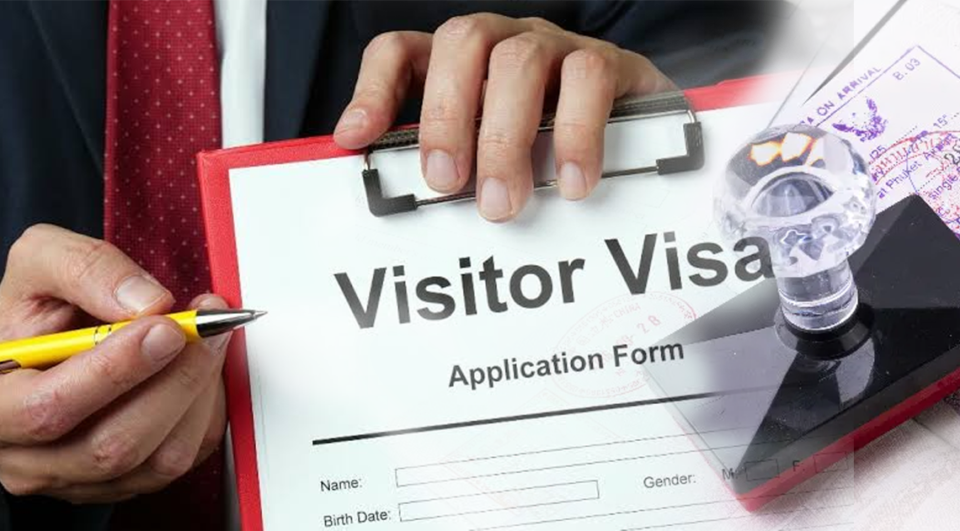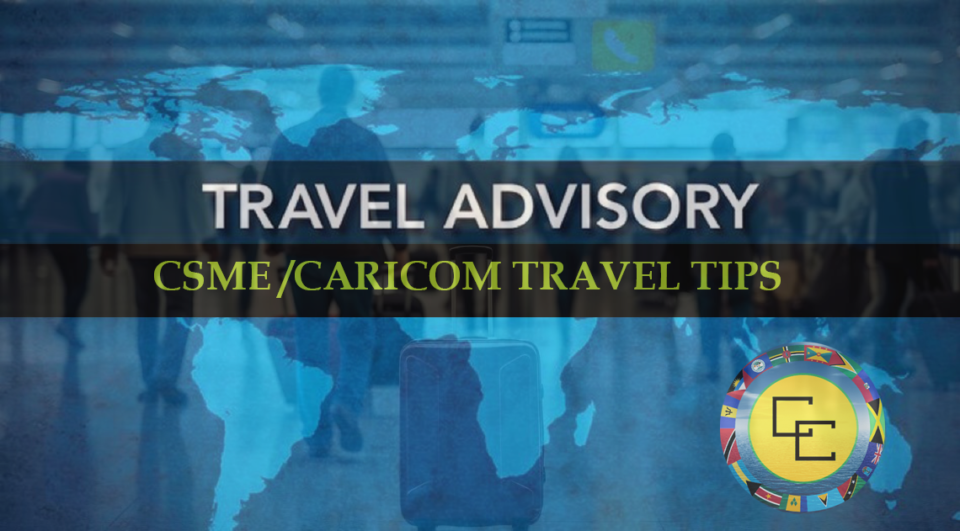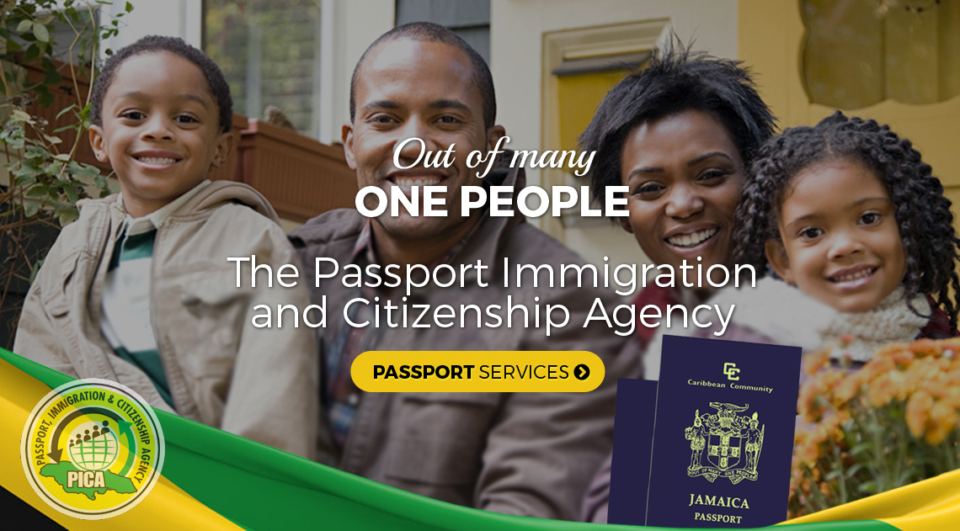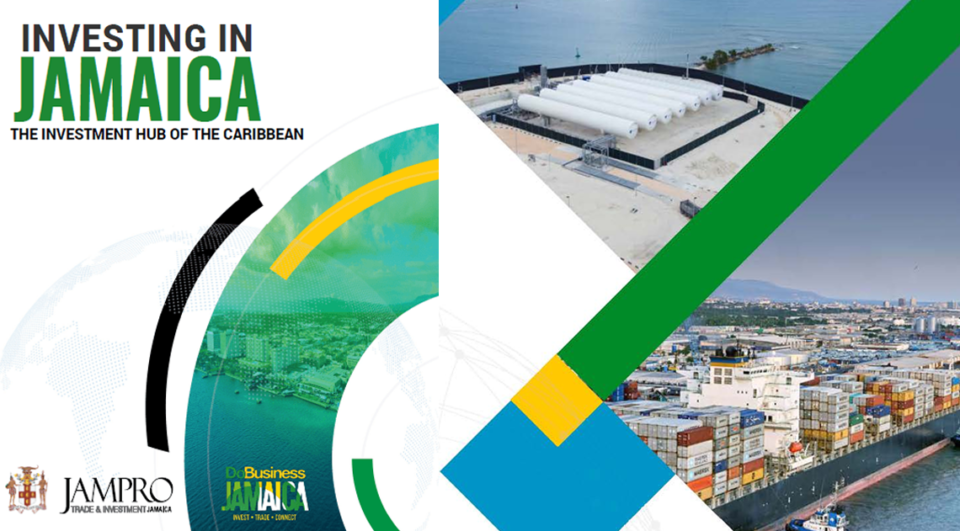Trade In Services
Trade in services makes a significant contribution to Jamaica’s economy and has become an important area of focus in bilateral, regional and international trade. Over the past four decades, Jamaica has become heavily dependent on tourism (the travel and leisure sectors). It should be noted that the value of trade in services as a total of GDP was approximately 35.7% in 2015.
What is Trade in Services?
Trade in services is usually considered the “invisible” or “intangible” trade which is critical to the trade in goods, e.g. shipping, and is integral to the development of a knowledge-based economy. A service is work done by (e.g. a gardener or landscape designer) or a facility (e.g. bill payment agency) provided to an individual, a company or the general public. Service providers include utility companies (e.g. electricity, water); telecommunication companies (e.g. telephone, internet); financial companies (e.g. banks, loan agencies, money transfer agencies); cultural practitioners (e.g. musicians, chefs, actors), and a host of professionals (e.g. doctors, lawyers, architects, management consultants etc). In the area of tourism, visitors travel to Jamaica to consume the services provided in the hotels, at the attractions and in the restaurants. Tourism is a service industry and Jamaica is exporting its services in that field. Trade in services takes place at the regional and international levels.
The Trade in Services, within the ambit of the WTO, is covered by the General Agreement on Trade in Services(GATS). There are four (4) modes of supplying services, and these are:
- Cross Border Supply – e.g., a Jamaican consultant or lawyer providing advice to a client overseas by mail, phone or over the internet;
- Consumption Abroad – e.g., a Jamaican student studying at a university overseas or a visitor from overseas coming to Jamaica for a vacation;
- Commercial Presence – e.g., a Jamaican financial institution establishing a branch overseas or a foreign engineering firm establishing a branch or subsidiary in Jamaica;
- Movement of Natural Persons – e.g., a Jamaican accountant receiving a contract to work overseas on a temporary basis.
The WTO General Agreement on Trade in Services (GATS) provides the framework of rules and principles for the liberalisation of the trade in services. The negotiations are on-going on several issues, which fall within the built-in-agenda, contained in Article 19 of the Agreement, requiring the development of regimes for subsidies and emergency safeguard measures, GATS Rules and domestic regulation. This built-in-agenda obliged WTO Member States to enter into another round of negotiations five (5) years after the entry into force of the GATS, with a view to achieving a progressively higher level of liberalisation, over time. To this end, these negotiations were launched in February 2000 in accordance with that mandate. Since then, WTO members have negotiated and adopted the guidelines and modalities for the negotiations. A work programme has also been adopted to continue negotiations on the various issues, as well as to discuss proposals submitted by WTO Members in relation to the work of the various committees.
As the services sectors have become increasingly important to the Jamaican economy, Jamaica participated in the negotiations on services in the GATT Uruguay Round, 1986-1994, and made commitments in a number of sectors, including transport and professional services. Jamaica also participated in the post-Uruguay Round negotiations on basic telecommunications and financial services which took place in 1997. Since then, Jamaica has ratified the Protocol on Basic Telecommunications as well as the Fifth Protocol on Financial Services, bringing greater certainty to the trade in services in these two areas, which are critical to national development.
The Ministry of Industry, Commerce, Agriculture and Fisheries (MICAF) has been designated as Jamaica’s enquiry point under the GATS.
At the regional level, work on trade in services is being undertaken through the implementation of Chapter 3- Establishment, Services, Capital and Movement of Community Nationals, of the Revised Treaty of Chaguaramas establishing the CARICOM Single Market and Economy (CSME). In addition, CARICOM is currently preparing a draft model Bill as well as developing several professional services categories, in order to streamline the treatment of services professionals within the Region. In this context, a National Coalition of Services Providers has been established to advocate for and make representation on behalf of domestic services suppliers. The coalition is now housed within the Jamaica Chamber of Commerce.





